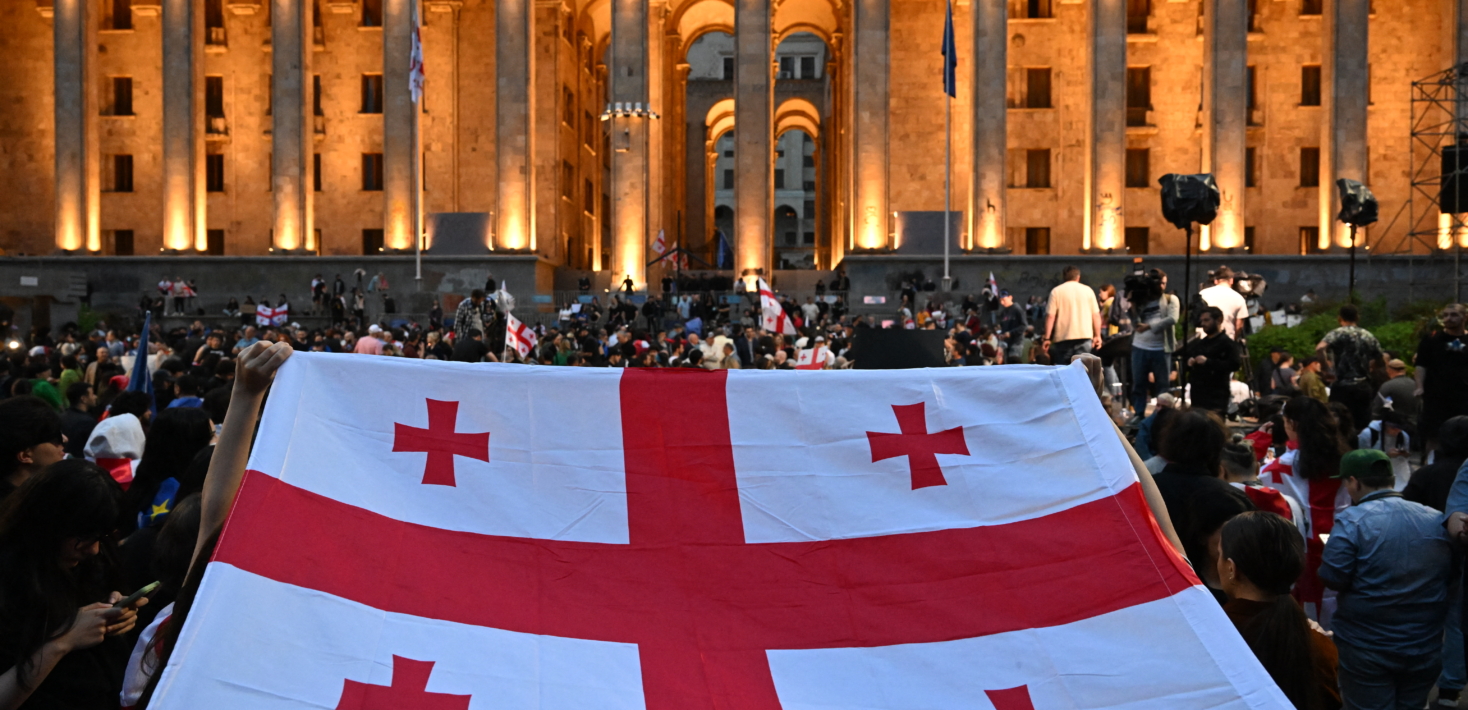Reacting to last night’s violent attacks by unknown individuals on prominent government critics who had joined protests in Tbilisi, Georgia, against the controversial “foreign influence” bill, Denis Krivosheev, Amnesty International’s Deputy Director for Eastern Europe and Central Asia, said:
“The reprisals in Georgia against those who oppose the bill ‘on foreign influence’ have now escalated into shocking violence. First, the authorities sent police to violently disperse protests against the repressive bill. Now thugs in plain clothes have brutally assaulted protestors before and after the rallies, even targeting protesters near their homes. There is also intimidation of government opponents and their families, including threatening phone calls and posters containing smears and insults. We are concerned by allegations that government officials may be behind these acts which appear to be a part of a well-organized campaign of intimidation against government critics.
We are concerned by allegations that government officials may be behind these acts which appear to be a part of a well-organized campaign of intimidation against government critics
Denis Krivosheev, Amnesty International’s Deputy Director for Eastern Europe and Central Asia
“The Georgian authorities must take immediate steps to address these violent attacks. Those responsible for the human rights violations that have taken place, including those who may have given orders to the police to use force unlawfully or to deploy violent thugs against protesters, must be held accountable and brought to justice in fair trials. The authorities must ensure that people can protest peacefully and must also stop all other attempts to criminalize dissent and stifle Georgia’s independent civil society.”
Background
On the evening of 8 May, three separate violent attacks were registered in Tbilisi against Dimitri Chikovani, a member of parliament from the opposition UNM party, Lasha Ghvinianidze, an organizer of pro-opposition bikers’ marches, and Gia Japaridze, a former diplomat and university professor who is the brother of the leader of the Girchi opposition party, Zurab Japaridze.
Dimitri Chikovani was severely beaten near his apartment and hospitalized. Lasha Ghvinianidze incurred head and lip injuries, requiring five stitches. Gia Japaridze was attacked by his home and suffered minor head injuries. These attacks followed hostile telephone calls to activists and civil society figures amid protests in Georgia against restrictive “foreign influence” legislation. The Georgian Young Lawyers Association noted these calls likely involved illegally accessed state data, suggesting a probable coordination with the authorities.
On 9 May, the head of the Tbilisi police department threatened protestors with criminal proceedings for “speeches” that “contain criminal offences.” A day earlier, the ruling party also made known its plan to create a database of information that would in effect blacklist active protesters and government critics (describing them as those “who are involved in violence, blackmail, threats and other illegal acts”).


